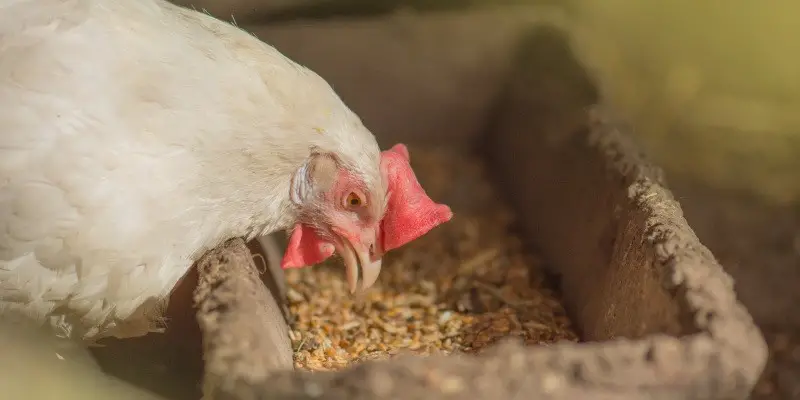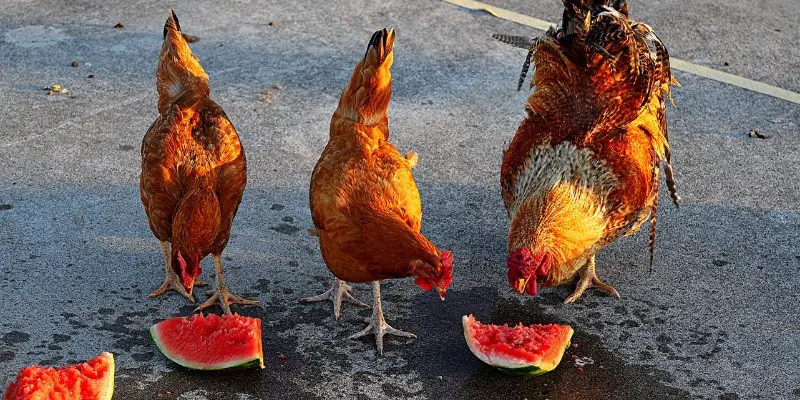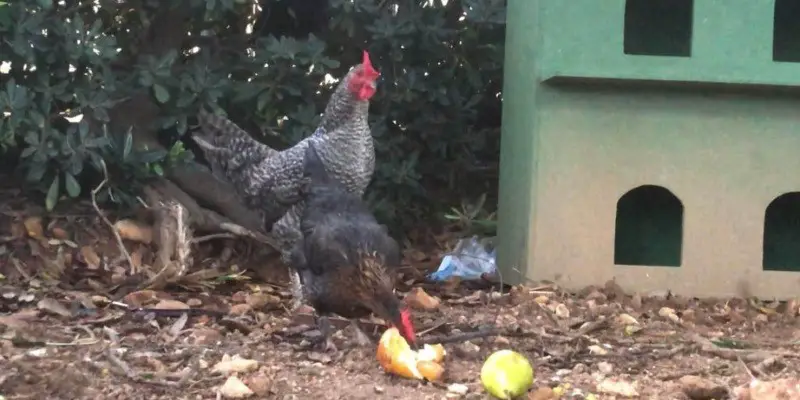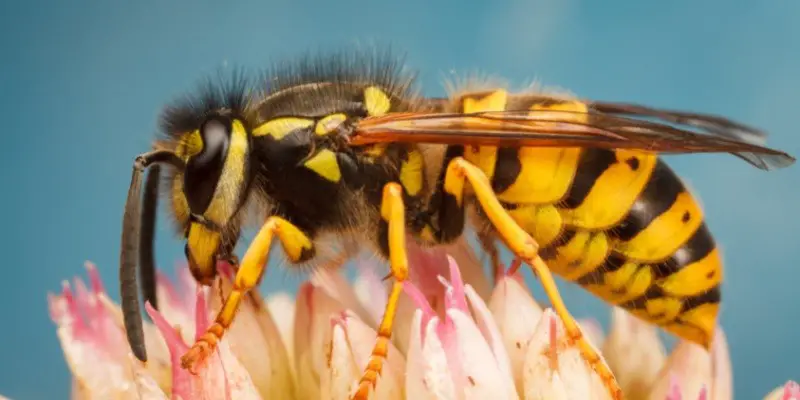Last Updated on January 14, 2025 by Pauline G. Carter
Yes, Chickens can eat granola. Granola is a popular breakfast food, and they will enjoy the taste. It’s important to ensure that the granola does not contain any ingredients that are harmful to chickens, such as chocolate, excessive salt, or sugar. It’s best to offer granola sparingly, alongside a diet primarily composed of a balanced chicken feed, to ensure they get all the necessary nutrients for their health. Always provide fresh water for your chickens, especially when introducing new foods into their diet.
What Is Granola?
Granola is typically made from rolled oats, nuts, honey or other sweeteners, and can include dried fruits, seeds, and various grains. This combination of ingredients provides a rich mix of carbohydrates, proteins, fats, vitamins, and minerals. For chickens, the carbohydrates in oats can be a good energy source, while the nuts and seeds can provide essential proteins and fats necessary for feather health and egg production. However, the high sugar content often found in granola due to added sweeteners can be a concern for chickens, as excessive sugar intake is not beneficial for their health.
Granola Health Benefits and Risks
Potential Health Benefits
- Energy Boost: The carbohydrates in granola can provide chickens with a quick energy boost, which can be particularly beneficial during cold weather when birds need more energy to maintain their body temperature.
- Protein Content: Nuts and seeds in granola are good protein sources, essential for muscle development and egg production in laying hens.
- Vitamins and Minerals: Ingredients like nuts and dried fruits can offer vitamins and minerals that might complement the birds’ primary diet, contributing to overall health.
Potential Health Risks
- High Sugar Content: Many commercial granolas are high in sugars, which can lead to obesity and other health issues in chickens. Obesity in chickens can result in decreased egg production and increased susceptibility to diseases.
- Unsuitable Ingredients: Some granola mixes contain ingredients that are harmful to chickens, such as chocolate or certain types of nuts like macadamia, which are toxic to birds.
- Digestive Issues: The high fiber content in granola, while generally healthy, can cause digestive upset in chickens if consumed in large quantities.
Suitable Granola for Chickens
When choosing granola for chickens, opt for varieties with minimal added sugars and no harmful ingredients. Homemade granola is an excellent option as it allows control over the ingredients, ensuring the mix is safe and healthy for your flock. Include ingredients like plain rolled oats, unsalted nuts, and seeds, and avoid adding chocolate, raisins, or anything potentially toxic to chickens.
What Should You Not Feed Your Chickens?
When feeding chickens, it’s crucial to avoid certain foods that can be harmful or even toxic to them. Never feed your chickens chocolate, as it contains theobromine, which is poisonous to many animals. Avocado skin and pits contain persin, a fungicidal toxin that can be deadly to chickens. Avoid giving them onions and garlic in large quantities, as these can cause anemia. Raw beans contain hemagglutinin, which is toxic, so they should be thoroughly cooked before feeding. Additionally, avoid feeding your chickens anything moldy or spoiled, as this can lead to health issues. Citrus fruits should also be avoided as they can disrupt a chicken’s digestive system and decrease egg production. Always prioritize a balanced diet specifically designed for chickens to ensure their health and well-being.
What Foods Are Poisonous To Chickens?
There are a few foods that are poisonous to chickens and can make them very sick or even kill them.
Some of these include:
- Avocados
- Caffeine
- Chocolate
- Green potatoes
- Moldy or spoiled food
- Onions
- Raw beans
- Raw egg white
- Rhubarb leaves
If you think your chicken has ingested something poisonous, it is important to contact a vet right away.
Symptoms of poisoning in chickens can include:
- Diarrhea
- Vomiting
- Lethargy
- Loss of appetite
- Tremors
- Seizures
If you think your chicken has been poisoned, please seek professional help immediately.
FAQs: Chickens Eat Granola
Can chickens eat granola?
Yes, chickens can eat granola in moderation as a treat. Granola, which often contains oats, nuts, and dried fruits, can be a nutritious snack for chickens, providing them with additional energy and nutrients.
Can birds eat granola?
Yes, birds can eat granola as an occasional treat. Granola made of oats, nuts, and dried fruits can provide varied nutrients. However, ensure it’s free from chocolate, excessive sugar, and salt, which are harmful to birds. Offer granola sparingly alongside their regular diet.
What cereal can chickens eat?
Chickens can safely eat most plain cereals, such as cornflakes, oats, and rice-based cereals. These can be a good source of energy and nutrients. Avoid sugary or chocolate-flavored cereals, as these can be unhealthy for chickens. Always feed cereal in moderation.
Can chickens eat dry oats?
Yes, chickens can eat dry oats. Oats are a healthy and nutritious snack that provides energy and fiber. However, they should not replace a chicken’s balanced diet. Introduce dry oats gradually to their diet to ensure they adjust well and always provide plenty of fresh water.
Conclusion
Chickens can eat granola, but it is not the best food for them. Granola is high in sugar and calories, and it can cause digestive problems for chickens. Chickens should only eat granola as a treat, and not as a regular part of their diet.




